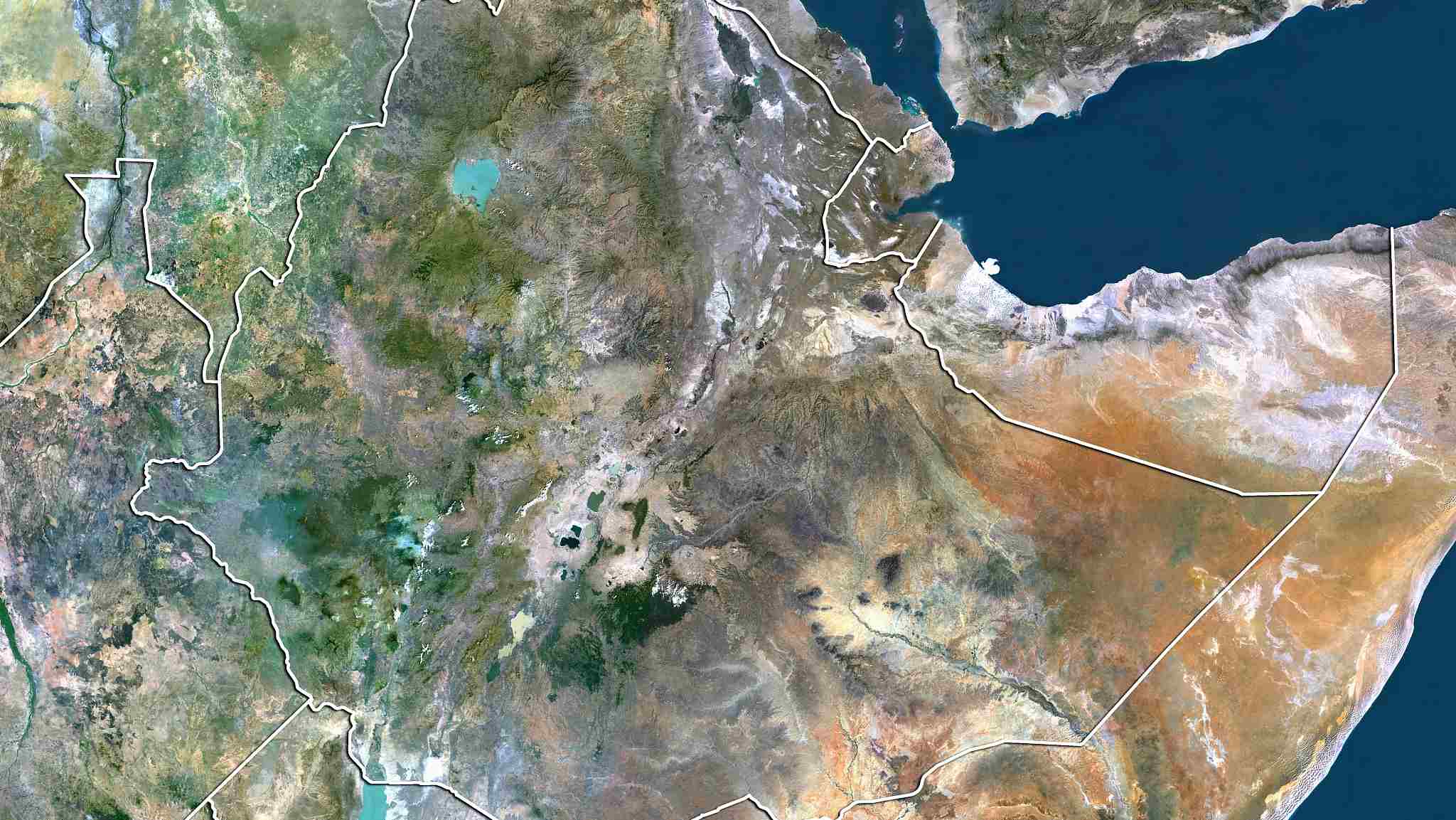
Tech & Sci
17:24, 27-Nov-2018
Ethiopia to launch first satellite in step toward space autonomy
Updated
16:48, 30-Nov-2018
Henry Zheng

Ethiopia is set to launch its first satellite into space next year, a feat that is being aided by expertise and money from China.
The satellite will be launched in China, while its command station will be based in Ethiopia, says Dr. Solomon Belay Tessema, head of the Ethiopian Space Science and Technology Institute. China is reportedly financing 6 million U.S. dollars of the 8 million needed.
The country's accelerated development of its space program comes on the heels of other African countries, such as Kenya and Algeria, sending their own satellites into orbit. Although scientific advancement remains a goal, Ethiopian authorities have had to frame their space endeavors as benefiting society, especially after criticism was levied against the country back in 2017, when it unveiled the satellite initiative following a severe drought that had left 10 million starving.
Justifying allegedly lofty space programs in terms of socioeconomic development has also been part of a continental initiative to gain a foothold in space. The African Space Strategy released last October by the African Union outlines how satellites can serve societal needs by providing vital information to a range of sectors. From detecting meteorological patterns to using positioning technology for everyday navigation, the report touts the long-term benefits satellites can bring. It also notes how wireless communication signals can bring Internet to rural or sparsely populated areas, to bridge the "digital divide."
So far, Ethiopia's space initiative is founded on a model of collaboration, bringing in expertise not only from China, but also from developed countries such as the U.S., France, and South Korea. However, Ethiopia launching its own satellite would be a step toward self-reliance when it comes to information technology. Currently, it and other African countries pay to use satellites from other countries. Acquiring its own satellite data could mean saving money that the country can direct toward social and economic development, said Tessema.
The African space policy report envisions a different type of collaboration, one that entails individual programs from countries coming together to form a continental space power. Whether this goal can be achieved depends partly on whether the governments can explain the importance of space in the age of information.
(Cover: A satellite photo of Ethiopia with an overlay of its borders. /VCG Photo)

SITEMAP
Copyright © 2018 CGTN. Beijing ICP prepared NO.16065310-3
Copyright © 2018 CGTN. Beijing ICP prepared NO.16065310-3